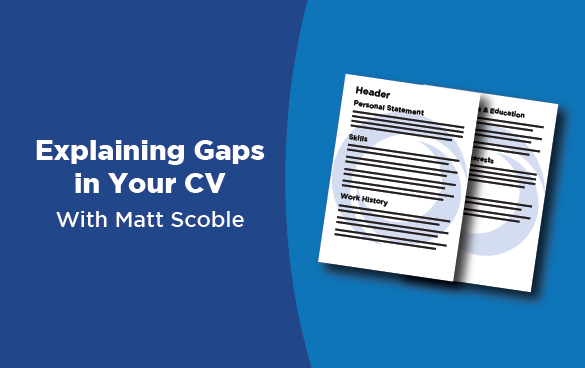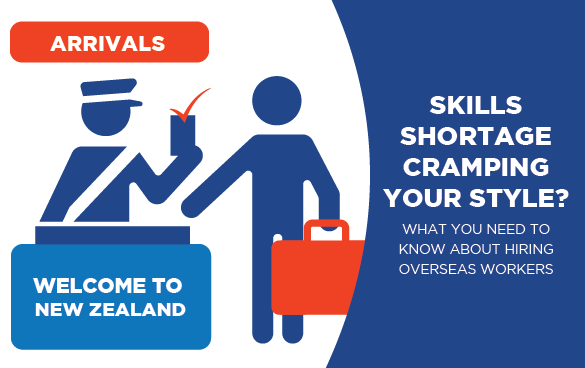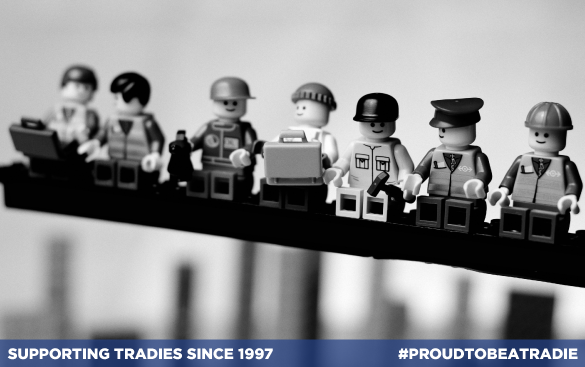One of the most frustrating things that can happen after you’ve applied for the perfect vacancy is to not get a phone call from the employer. There can be plenty of reasons behind this, from a high number of candidates applying for the vacancy to the job being withdrawn last minute.
However, if it keeps happening time and time again, the problem might be that your CV just simply isn’t working for you. When this happens, the key is to learn from this experience so you can better prepare for the next vacancy.
Here’s what you can do when your CV isn’t giving you the chance to prove yourself in an interview.
Re-Read the Job Vacancy
Going back over the job vacancy’s description a week later can help to give you a fresh perspective of your CV. Did it really fit the job requirements that were being asked for? Did it show that you have the minimum skills, experience and education required for the job? Now do this for every job you’ve recently applied for. If you didn’t have all or some of the requirements and you notice a pattern, this could the problem.
To rectify it, you’re going to need to gain the crucial skills, experiences and qualifications you’re missing. A great place to start is by researching different ways you can close any gaps. In some cases, lower-tier positions in the same field can teach you the required skills needed to secure the position you were initially going for. Alternatively, completing a qualification or securing an apprenticeship can also teach you those valuable skills.
Make Your CV More Specific
If you’ve read the job description and found that you had all the required skills, experiences and qualifications but still didn’t get an interview, the problem might be with your CV itself. Even if you know you were perfect for the role, unless the person reading your CV thinks the same, you’re unlikely to get a call asking you to come in.
Whether you’re exclusively applying for Engineering roles or looking for any vacancy within the Manufacturing and Production industry, every job you apply to will have slightly different requirements from the last.
For that reason, tailoring your CV to reflect the specific skills and experiences a single job is asking for can greatly increase your chances of success. This is obviously more time-consuming, so to save time be careful to only apply to the positions where you believe you are suitably qualified.
Make Your CV Easier to Read
Most employers will skim read your CV, so it’s a great idea to use bullet points when highlighting your skills. That being said, simply listing your duties and responsibilities won’t be enough to make your application stand out. To catch the reader’s attention, highlight your accomplishments to help them see the value you could add to their business and give you something to talk about during an interview.
Additionally, avoid making your CV too long by including everything you’ve done to date. The employer will only be interested in the skills, accomplishments and qualifications that are relevant to their job vacancy. So, once you’ve finished editing your CV for the job you’re applying for, give it one last check to make sure everything in it connects with the vacancy’s requirements.
Summary
New Zealand’s Construction, Engineering and Manufacturing industries are competitive, and it can be hard to make your CV stand out from the crowd. Following the above advice will help you ensure your CV is tailored to the job vacancy so that you can secure that interview.
Once that happens, be sure to check out our top interview tips and five smart questions you should ask the employer. If you’re struggling to find job vacancies that pique your interest, get in touch with one our Recruitment Consultants today.










